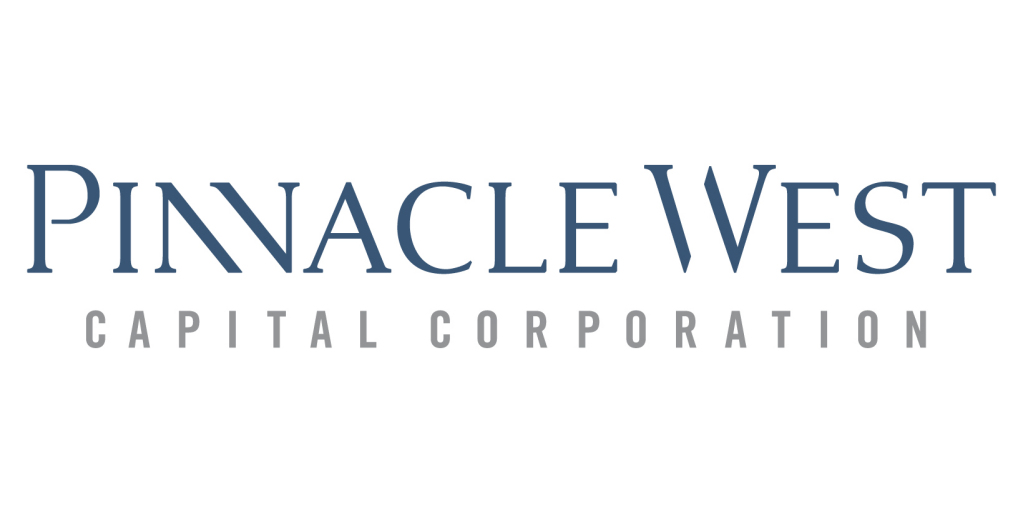
OPEC+ plans to decide in the coming weeks on extending oil supply cutbacks into the second quarter. But its choice looks like an open-and-shut case.
Saudi Arabia and its allies are withholding roughly 2 million barrels of daily output to avert a glut and defend prices. Riyadh has said the curbs can “absolutely” be prolonged, and delegates expect a decision in early March.
If the Organization of Petroleum Exporting Countries and its partners want to maintain prices near $80 a barrel, they need to persevere. Prices are about 7% lower than when Hamas attacked Israel four months ago, despite the ongoing conflict, crimping the producers’ revenues.
While global demand growth remains robust, it’s being matched by a tide of new supply, according to the International Energy Agency in Paris. If OPEC+ relaxes the cuts and revives production after March, world markets will tip back into surplus, the IEA predicts.
In fact, the coalition needs to step up implementation of the curbs after making a slow start last month.
Both Iraq and the United Arab Emirates are collectively pumping several hundred thousand barrels a day above their quotas, and the performance of Russia has been even more delinquent. Moscow boosted fuel exports to a six-week high, and only temporarily pared crude shipments when forced to by winter storms.
Meanwhile, America’s oil heartlands are reminding the cartel of the need for discipline.
Exxon Mobil Corp. and Chevron Corp. announced surprisingly strong growth and ambitious plans for the Permian Basin last week — an ominous echo of the shale-oil surge that thwarted OPEC+’s efforts to balance markets both last year and during the past decade.
OPEC+ may view shale’s comeback as a sign that its efforts to shore up prices are backfiring, and revive halted output to protect its market share.
But this is belied by Saudi Aramco’s recent cancellation of a 1 million-barrel-a-day output capacity expansion scheduled for 2027. Whatever ultimately drove that decision, it suggests the kingdom is inclined to keep supplies on a tight leash for some time to come.
–Grant Smith, Bloomberg News
Share This:




